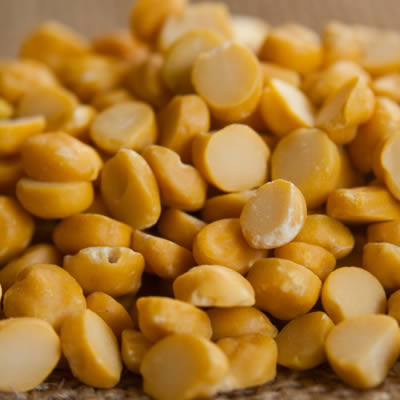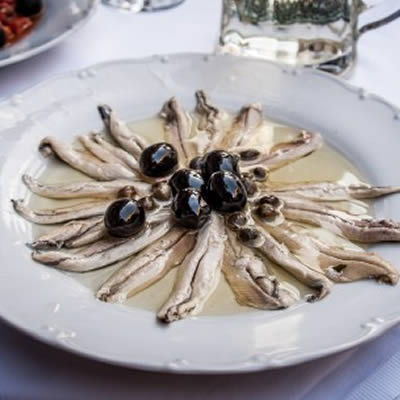Lentils
Lentils Lentils include all these beneficial nutrients like fiber, protein, minerals and vitamins, they are still low in calories and contain virtually no fat. One cup of cooked lentils only contains about 230 calories, but still leaves you feeling full and satisfied. Lentils are a high-protein, high-fibre member of the legume family. Lentils grow in pods …










